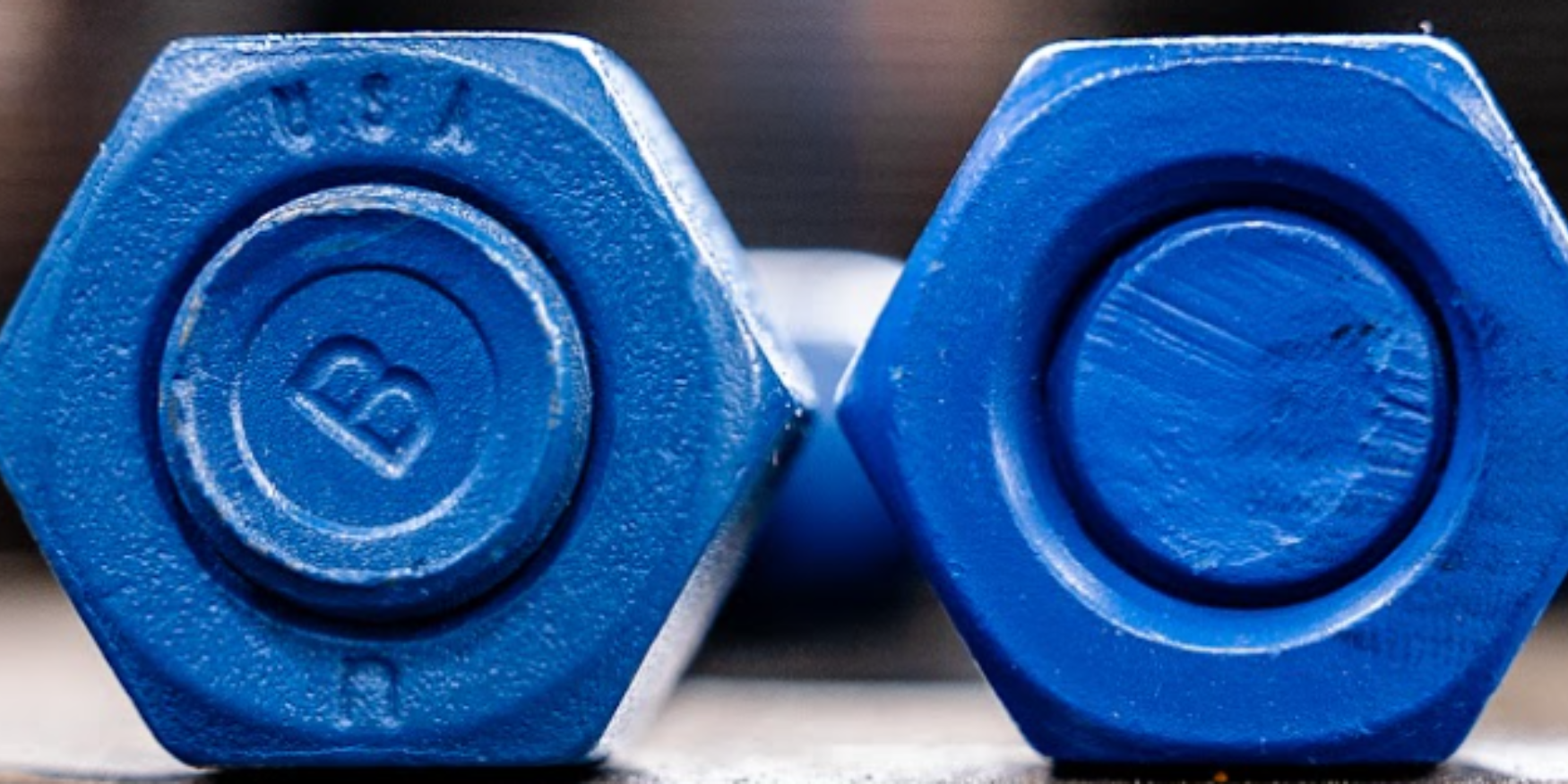6 Tips for Fastener Selection in Waterworks Projects
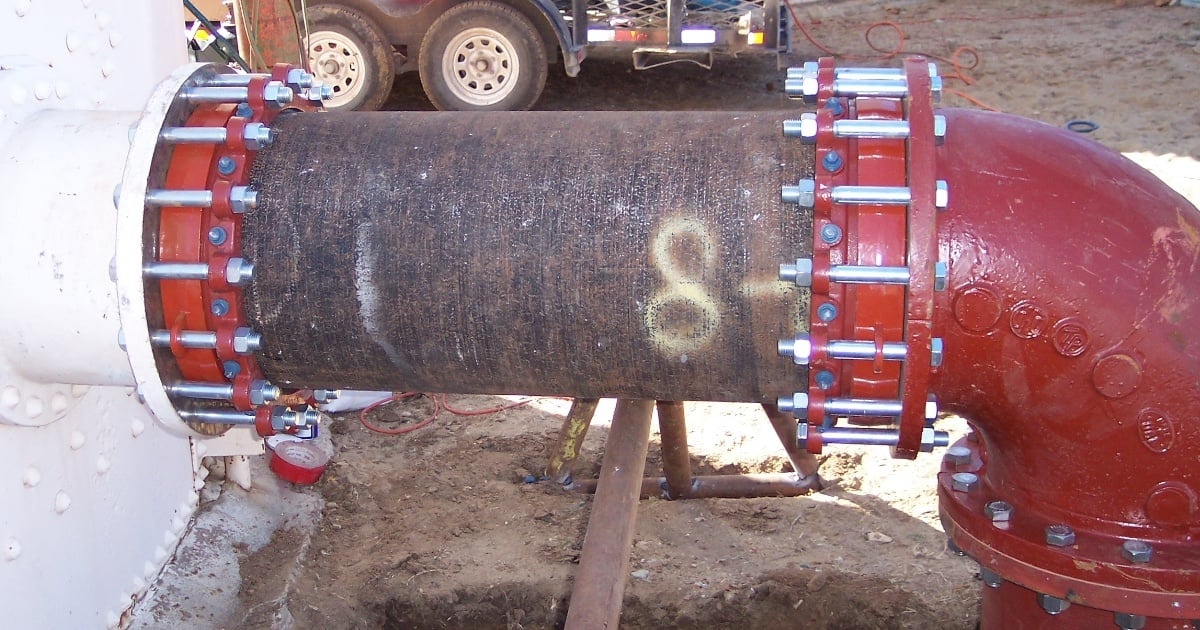
Rugged waterworks applications demand high-performing fasteners and a reliable supply partner with deep industry expertise. In these highly corrosive environments, you need products proven to last as well as support that includes 24/7 assistance.
While you can buy waterworks fasteners from many places, choosing the right ones for your projects isn’t always obvious. Many bolts may seem similar at first glance but have coating differences that impact durability, and some suppliers have limited experience serving the waterworks industry.
Use these six tips to streamline fastener selection for waterworks projects and get the best products possible:
1) Check for High-Quality Materials
High-strength, low-alloy weathering steel is frequently used in piping systems. Copper can be added to provide extra corrosion resistance for withstanding the harsh conditions of water distribution systems.
Water pressure can put significant stress on fasteners. Quality materials ensure a tight seal, preventing leaks that may lead to water loss and potential damage to infrastructure.
2) Choose the Right Coating
Blue bolts are commonly used in waterworks and typically refer to T-head bolts. Since many bolts have a blue coating, it’s important to ask about the specific coating and understand its properties.
For example, Cor-Blue™ bolts are made in the U.S. and coated with FluoroKote#1®, a proprietary nonstick fluoropolymer coating. They’re hand sprayed to produce an even coating that makes achieving a tight tension easier.
3) Verify Industry Compliance
Make sure that materials meet or exceed all ANSI/AWWA C111/A21.11 requirements. These waterworks standards help you understand strength requirements of the raw materials used to make parts as well as the chemical composition and dimensions.
Many local, state and federal regulations reference AWWA standards, often making compliance mandatory for waterworks projects. Your waterworks partner should be following these standards for all its products, including T-head bolts, mechanical joint gasket and bolt packs.
4) Ask About In-House Testing
Waterworks bolts, including ASTM A242 weathering steel fasteners used in waterworks, are tested for tensile strength to meet industry regulations and understand each fastener’s limits. Choosing a partner with an in-house testing lab can save you time and money.
The lab should be able to test to a variety of specs, with expert technicians and engineers overseeing the process. Same-day shipping and testing services help minimize lead times and avoid delays.
5) Look for 24-Hour Support
Critical questions and support needs don’t always fit into a 9-to-5 schedule. You want around-the-clock assistance ready to help with service, usage or installation issues.
The best waterworks fastener partners make it easy to communicate with their team via phone, email or text message. Whether it’s a sales question or technical support, you should feel confident you’re always covered.
6) Leverage Industry Expertise
Fastener needs vary significantly across industries. Expertise with fasteners used in oil and gas applications, for instance, doesn’t make someone an expert in fasteners for waterworks.
Choose a distributor that has a dedicated waterworks department and can provide tailored solutions. If you want recommendations for the right materials and products, you need to work with people who understand the waterworks industry.
Birmingham Fastener’s waterworks line serves both above and below ground water distribution and transmission. Explore our American-made fasteners and advanced manufacturing capabilities.

The Power of Finding the Right Partner
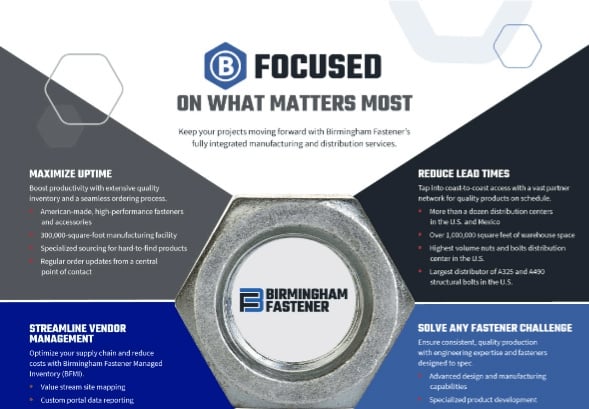
Focus on What
Matters Most
Related Posts
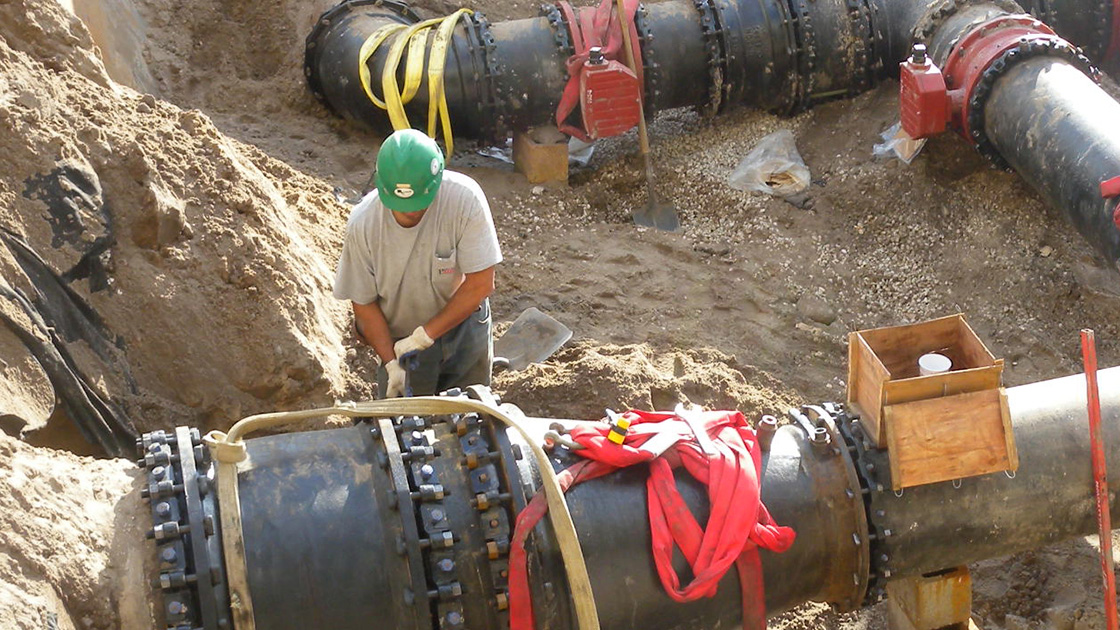
Waterworks Fastener Standards: AWWA, ASTM, and ASME
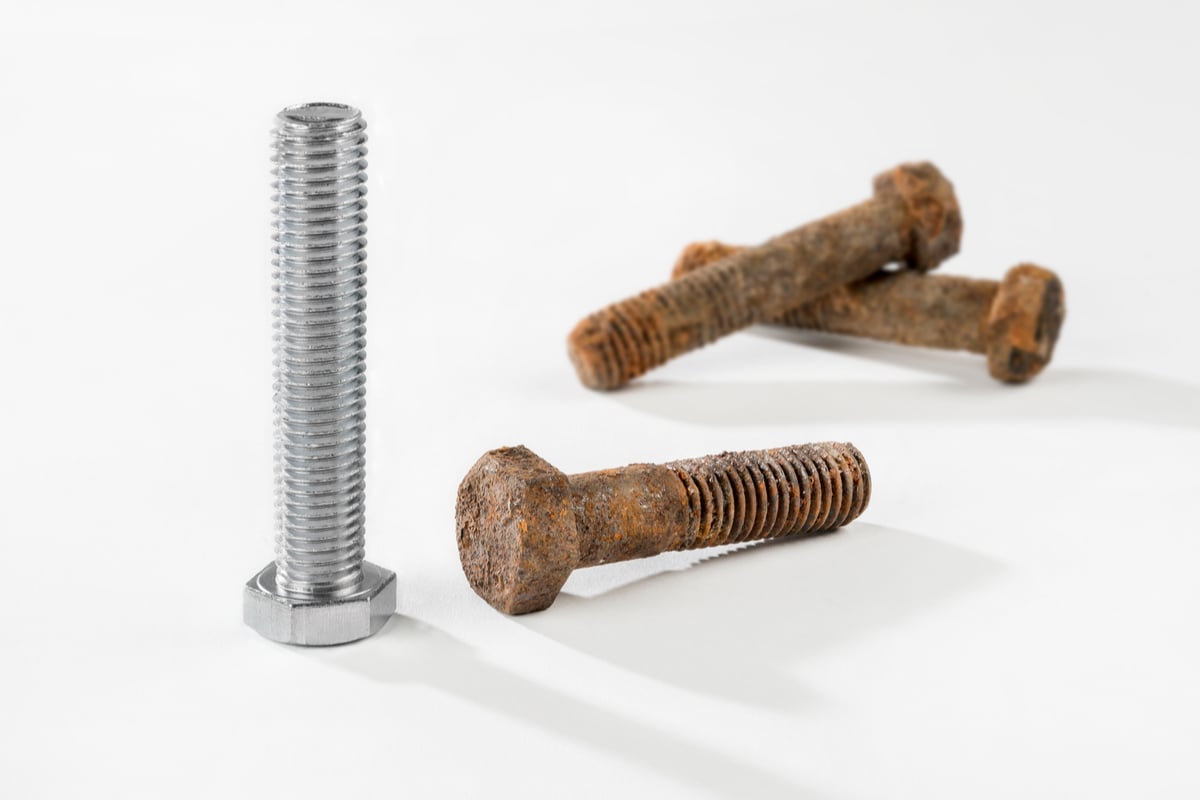
Understanding and Preventing Fastener Corrosion
